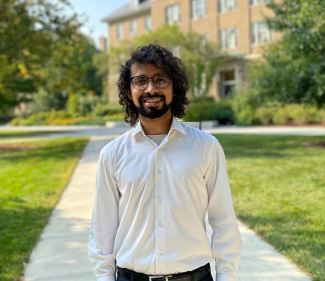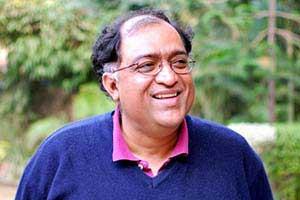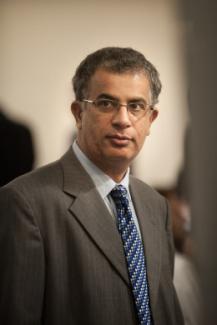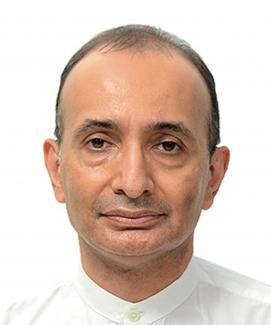Property tax utilisation and equity in Punjab: Policy challenges and reform options
This report examines the policy challenges that are hindering the recurrent Urban Immovable Property Tax (UIPT) from acting as an instrument of sustainable financing for urban public services in Punjab, Pakistan. It also discusses policy reform options to get the property tax policy back on track.
-
Abbas et al Final Report January 2023.pdf
PDF document • 2.59 MB
There is an urgent need for reforming UIPT because Punjab’s high urban growth rates (Figure E.1) are creating challenges for the province in meeting the local service delivery needs of its growing urban population. This is manifested in urban citizens’ poor access to improved sources of water and sanitation, unaffordable and congested housing conditions, environmental degradation, and poor access to local public transport. Recent estimates suggest that 4 in 10 households in urban Punjab do not have toilets connected to sewers and a similar proportion lack access to underground and covered drains. Lack of decent and affordable housing has emerged as a serious challenge and a recent estimate suggests that a deficit of 6.4 million housing units exists in urban Punjab. Punjab’s urban areas have emerged as global hotspots of air pollution and there is evidence that modernizing intra-city transport infrastructure promises significant labour market returns.







